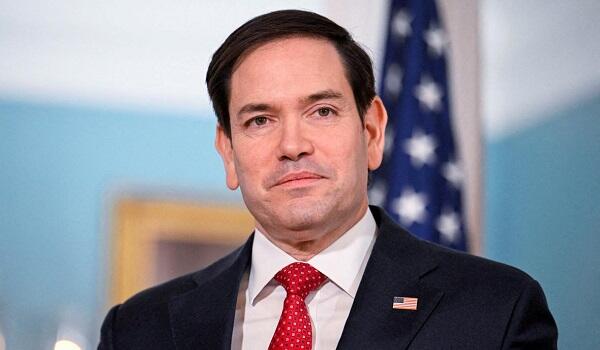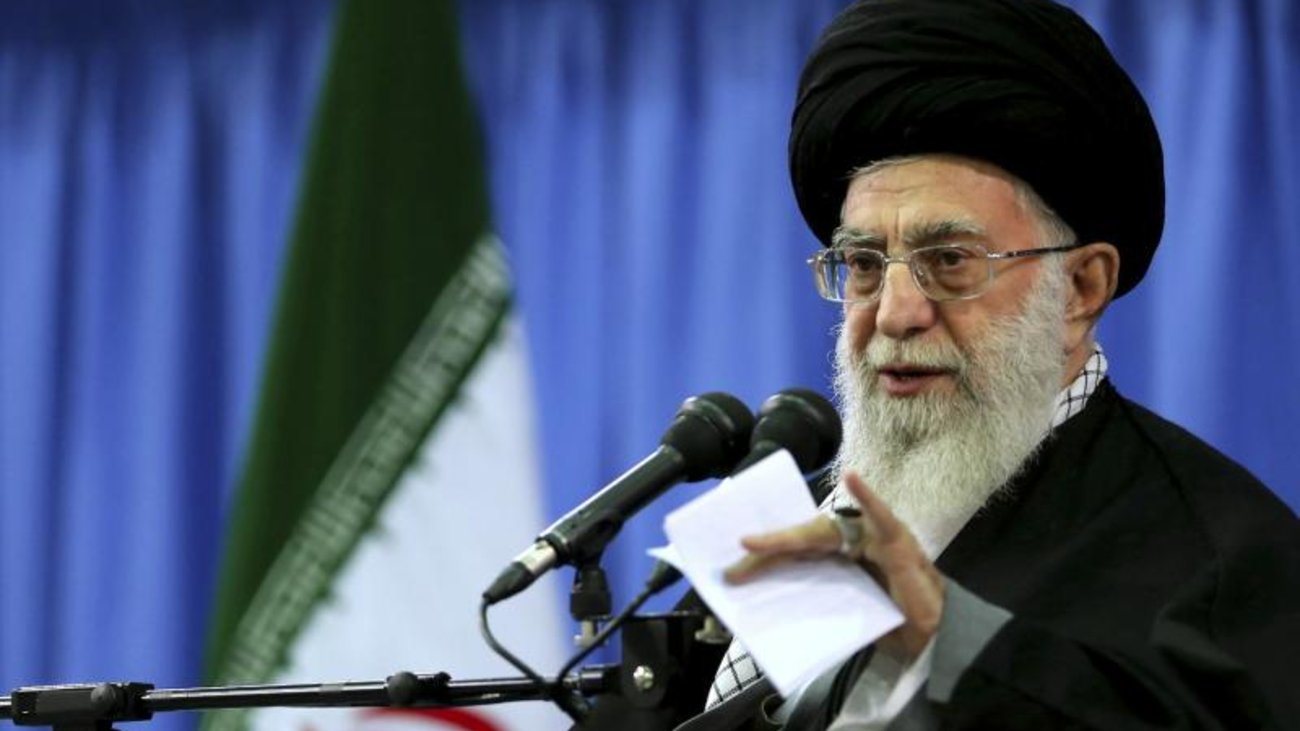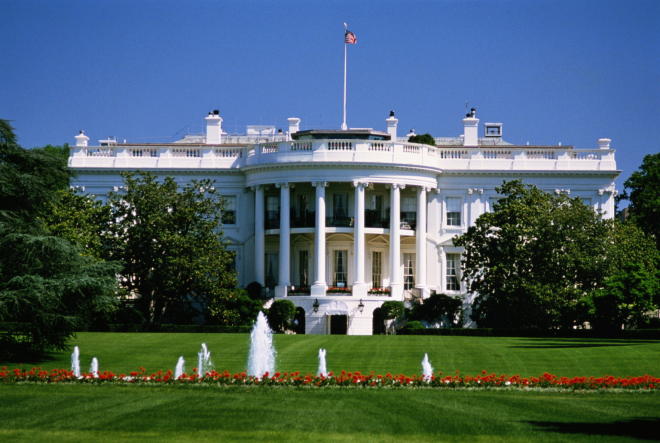The 2024 U.S. presidential election took an unexpected turn when President Joe Biden announced his withdrawal from the race, endorsing Vice President Kamala Harris as the Democratic candidate. This move has dramatically altered the political landscape, introducing a new dynamic as Harris faces off against former President Donald Trump. The central question now is whether Harris can secure a victory in what promises to be a contentious election.
Political analysts and commentators are divided but largely optimistic about Harris's prospects. Former Secretary of State Hillary Clinton suggested that Harris could present a sharper and more distinct choice for voters than Biden did, potentially energizing the Democratic base. This sentiment is echoed by the Financial Times, which notes a palpable sense of renewed energy among Democratic supporters, contrasted with signs of unease within the Trump camp. Recent polling data supports this optimism, with Harris achieving higher approval ratings than Trump—a feat Biden struggled to accomplish in recent months.
Despite these positive indicators, Harris faces significant challenges. Aggregate polling data from The Washington Post shows her trailing Trump by an average of 1.5 percentage points, though this gap is not considered insurmountable. Election analyst Allan Lichtman, known for his accurate predictions, suggests that Harris is likely to win based on his "13 keys" system, which assesses the incumbent party's chances. Notably, Harris has managed to erase Trump's lead in critical battleground states, according to a Bloomberg News/Morning Consult poll, and has surpassed Biden's previous performance in Michigan.
However, Harris is not yet a shoo-in for the presidency. While she has gained ground among younger voters and voters of color, these improvements are partly due to low initial support levels. CNN points out that Harris still lags behind Biden's 2020 performance among these crucial demographics, which could be a significant hurdle in her campaign. Additionally, Harris's impending choice of a running mate is seen as a pivotal decision that could influence her chances. A poll by The 19th News indicates that a significant portion of the electorate believes her chances would improve with a white male running mate, which could help her appeal to a broader range of voters.
As Harris navigates her dual role as both a candidate and the incumbent vice president, she faces the challenge of differentiating herself from Biden while addressing critiques of her past positions. The coming months will be crucial as she works to consolidate her base and expand her appeal across the electorate. The outcome of this race remains uncertain, but the stakes are undeniably high, making it a pivotal moment in American politics.









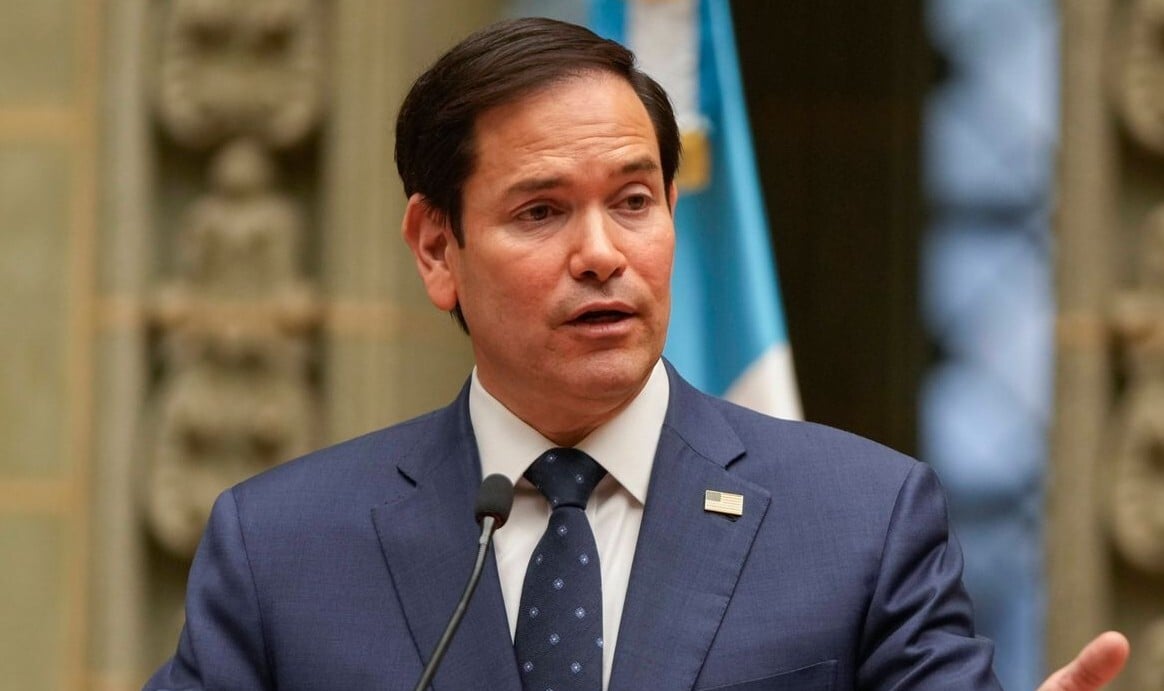





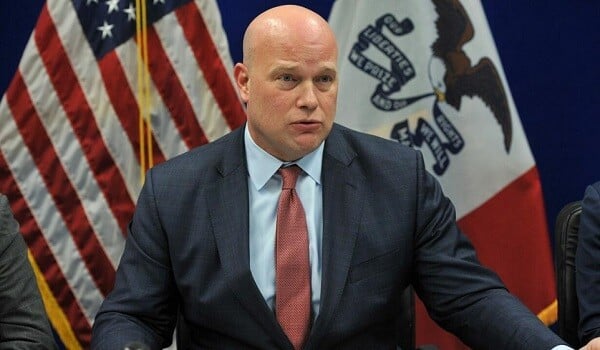


.jpg)



